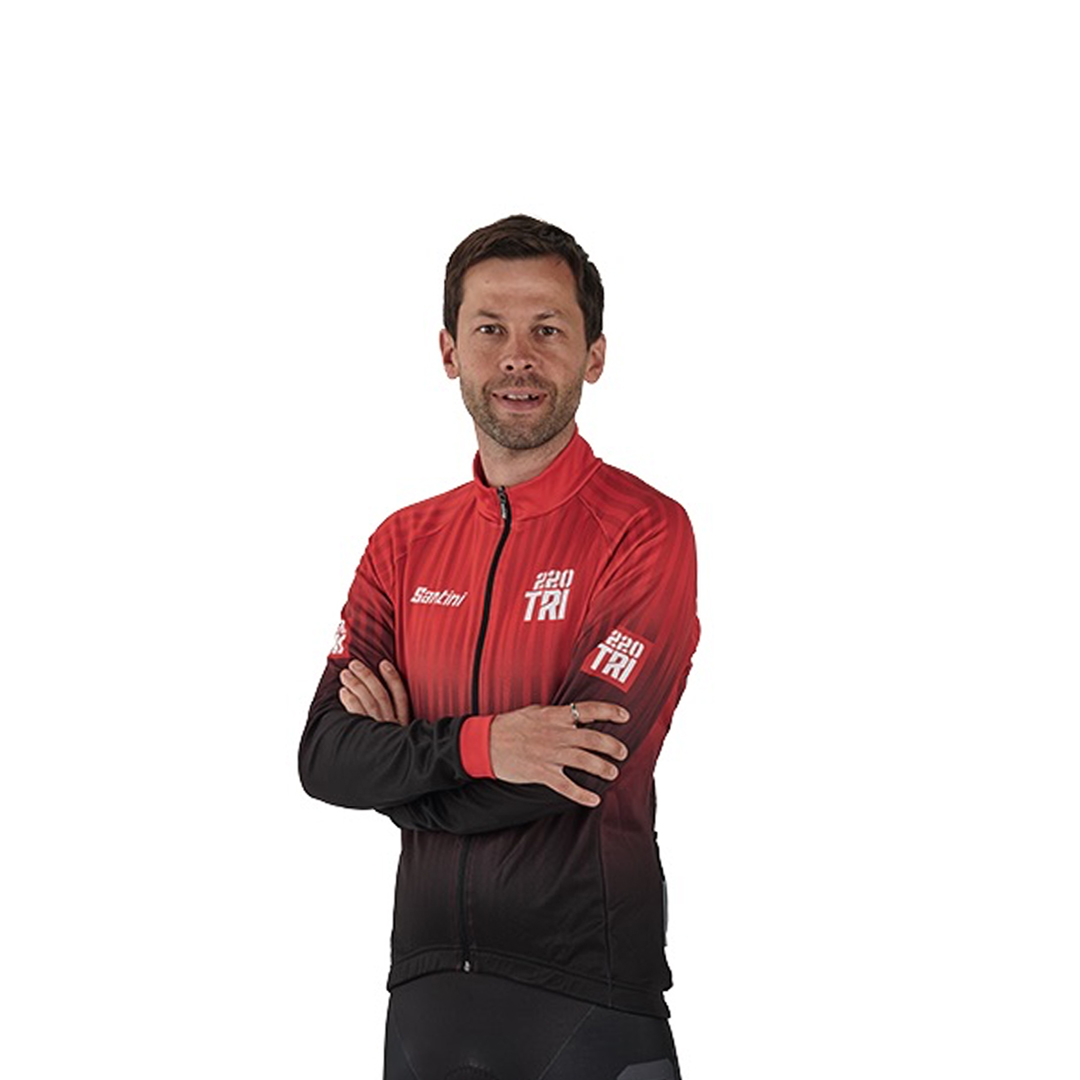Athletes hoping to compete at the London 2012 Paralympic Games and beyond participated in a review of the latest work by students studying a joint degree from Imperial College London and the Royal College of Art, who are working with the elite athletes to contribute to improving their performance. The event at the College features the work of students who have been participating in the Rio Tinto Sports Innovation Challenge.
The Rio Tinto Sports Innovation Challenge aims to inspire students in the lead up to the London 2012 Paralympic Games to design and build new types of sporting equipment for people with disabilities. The initiative is run in conjunction with Imperial College London and is funded by Rio Tinto, the Official Metal Provider to London 2012. It is also supported by Otto Bock, Prosthetic, Orthotic and Wheelchair Technical Services Provider for the London 2012 Paralympic Games
Examples of the work included a new GPS chest strap, tested by paratriathlete Iain Dawson, which could assist blind or visually impaired runners by vibrating if they go off-course, potentially removing the need for a sighted guide.
Other projects that created significant interest were a 'Brain Sled', which allows the rudders of a skeleton sled to be steered through the power of thought, and a ghost-arm which helps visually impaired athletes perfect their training technique. Paratriathletes James Smith and Jimmy Goddard plus London 2012 Paralympic Games hopeful javelin thrower Scott Moorhouse also assisted students in the development process.
Dawson said: “I have thoroughly enjoyed being part of the innovative project at Imperial College. The students have been easy to engage with and have developed some great ideas, some of which could well play a future role within Paralympic sport and encouraging active lifestyles for people with a disability.”
Professor Peter Childs, Imperial College London, said; “This is another thrilling stage in the ongoing Rio Tinto Sports Innovation Challenge. It has been so exciting for the student and staff team to explore design possibilities and develop functional and form prototypes using the inspiration of London 2012 to help the future of the Paralympic Games and the wider disabled community.”
Preston Chiaro, Rio Tinto Head of Technology & Innovation said; “We wanted Rio Tinto’s sponsorship of the London 2012 Paralympic Games to make a tangible contribution to Paralympic sport and healthy lifestyles for people with disabilities. We are delighted to build on Rio Tinto’s long term collaboration with Imperial College and work with the undergraduate and post graduate students.”
